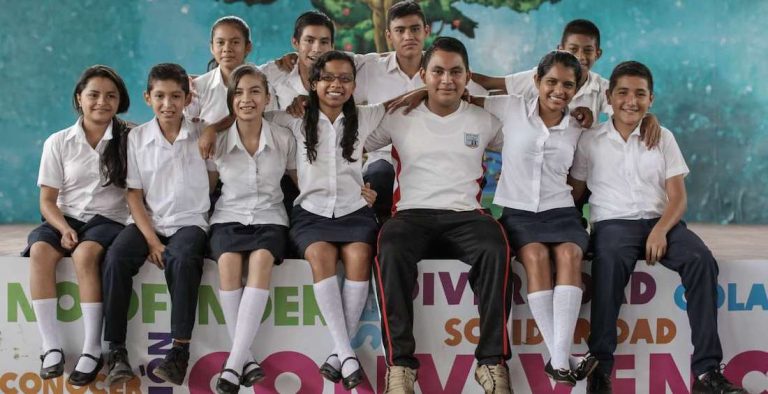
Bukele’s anti-gang reforms become a pretext for wider authoritarian control over students, educators, and democracy itself

New York, N.Y. — As the new school year begins in El Salvador, President Nayib Bukele’s government has unleashed a campaign that goes far beyond improving discipline or curbing criminal influence. The latest measures—compulsory military-style haircuts, rigid uniform inspections, and weekly “Civic Monday” rituals—mark a troubling expansion of what critics call the president’s war on democratic freedoms.
This movement toward a militarized education system is no isolated policy blip. Instead, it vividly
illustrates a pattern that now threatens the very foundations of civil society in El Salvador: the
concentration of power, personal rule, and normalization of authoritarian practices throughout public life.

Discipline or Indoctrination: Schools Caught in the Crossfire
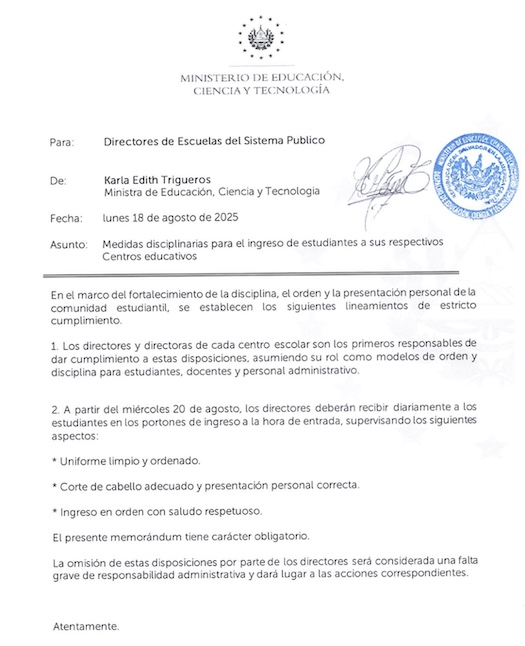
On paper, Education Minister Karla Trigueros—appointed directly by Bukele and seen publicly in military attire—claims her memos are about “restoring order” and stamping out the persistent gang problem in schools.
But the reality for 1.2 million Salvadoran students is something far harsher: daily inspections at school gates, enforced haircuts, and mandatory patriotism performed before the national flag every Monday.
As educator unions have argued, this regime does not redress the underlying hardships facing students and teachers but rather militarizes the environment while stifling individuality and dissent.
Social media already documents children turned away over minor infractions of appearance or conduct, and barbershops are full of students forced to sacrifice their personal identity for conformity.
Comparisons with authoritarian regimes—from Cuba’s post-revolutionary schools to North Korea’s banned hairstyles—are not hyperbole.
In El Salvador, as in those countries, the government is stripping educational institutions of autonomy, making them outposts for ideological control.
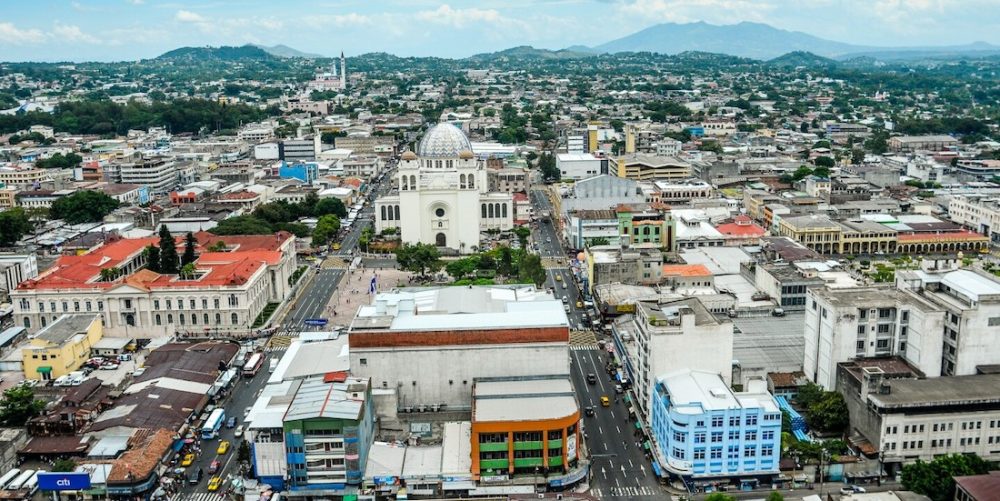
Why the Rush to Authoritarianism?
Bukele took office in 2019 as a disruptor—young, informal, and promising to upend the country’s legacy of violence. By his own admission, however, he has evolved into a “coolest dictator” who delights in mocking foreign critics and consolidating power.

The popular logic goes like this: Gang violence has fallen to historic lows, so any policy, no matter how severe, is justified.
Yet such thinking ignores the human cost. Since Bukele imposed a sweeping state of exception in 2022, more than 80,000 Salvadorans have been arrested, often without charges or due process.
Constitutional rights—freedom of expression, protection against arbitrary detention—have largely vanished.
Bukele’s party recently eliminated term limits, allowing him to remain in power indefinitely, even as he jails tens of thousands and packs the courts with loyalists.
With these latest school mandates, Bukele is engulfing the nation’s children in the machinery of repression. Rather than fostering creativity and critical thinking, classrooms become sites of surveillance and intimidation. Teachers, subject to “serious administrative penalties” if they don’t enforce the rules, are being pressured to act as wardens, not mentors.
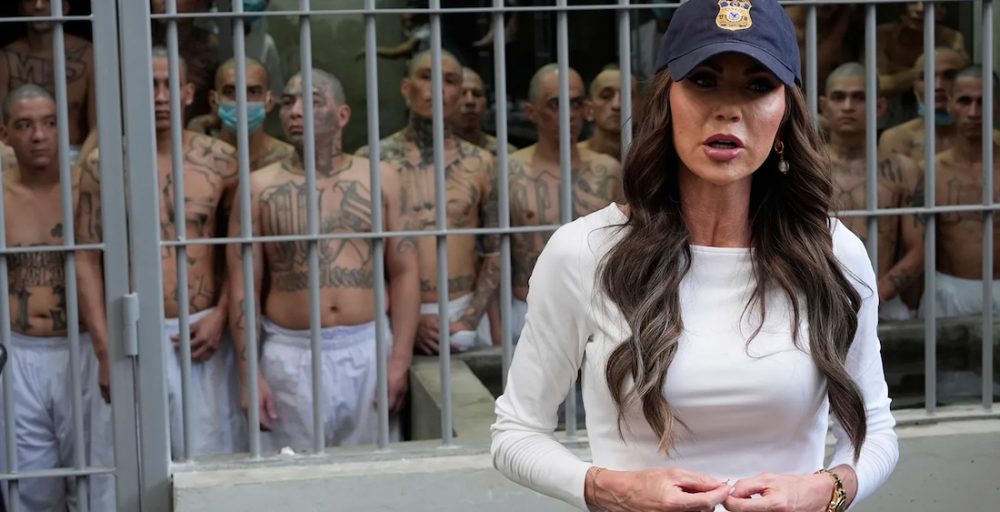
The Crisis for El Salvador’s Democracy

The international reaction has been one of growing alarm. Human-rights organizations—local and global—have documented mass abuses: forced disappearances, torture, arbitrary arrests, and persecution of critics and independent media.
Foreign governments protest, but their appeals are met with ridicule. Bukele flaunts his impunity, daring the world to object as he dismantles the last vestiges of democratic accountability.
The appointment of an army officer as education minister—while sensible for a dictatorship—represents a radical departure from postwar norms.
As TIME Magazine recently noted, with more than 1 in every 57 Salvadorans now incarcerated, El Salvador has the highest imprisonment rate in the world, more than triple that of the U.S.
Mass arrests have left thousands of children without parents, yet spending on victim-care programs is less than 1% of the swollen security budget.
Rather than being a bulwark against gangs, schools are now test sites for Bukele’s authoritarian model—one that regional leaders are eager to emulate and that threatens to become permanent unless democratic institutions are restored.
The Real Human Costs: Teachers, Students, and Families
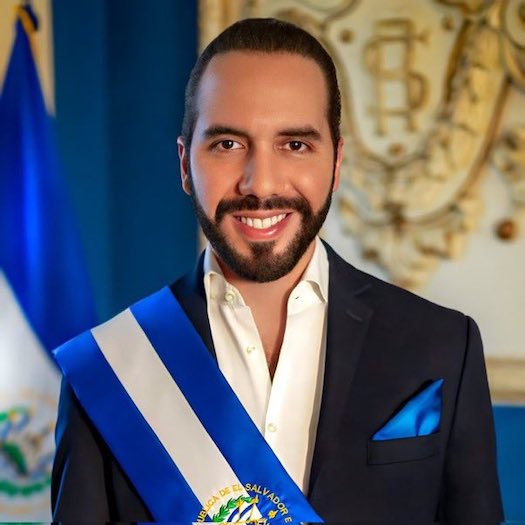
Parents and teachers know all too well that El Salvador’s problems will not be solved through repression.
“Restoring order” cannot come at the expense of creativity, self-worth, or basic rights.
Already, teachers unions warn of mounting abuses and fear for their ability to protect students or maintain a healthy educational environment.
Every shiny uniform and crisp haircut is a symbol not of national pride but of the government’s broadening control over personal lives.
Will the next policy be censorship of textbooks, ideological loyalty oaths, or the erasure of any reminder that education’s highest value is to foster autonomy and democratic citizenship?
Bukele’s success in quelling violence is undeniable, but so too is his descent into authoritarianism.
The schools of El Salvador—and the children who fill them each morning—now stand on the front lines of that struggle.
Militarized Schools Signal Deeper Slide Toward Autocracy in El Salvador (Aug. 23, 2025)